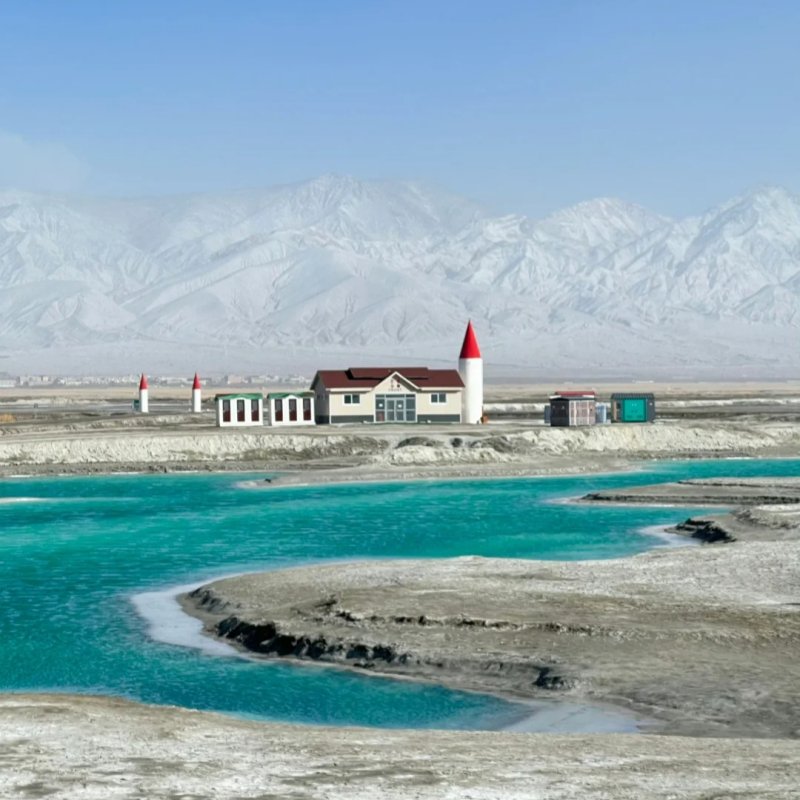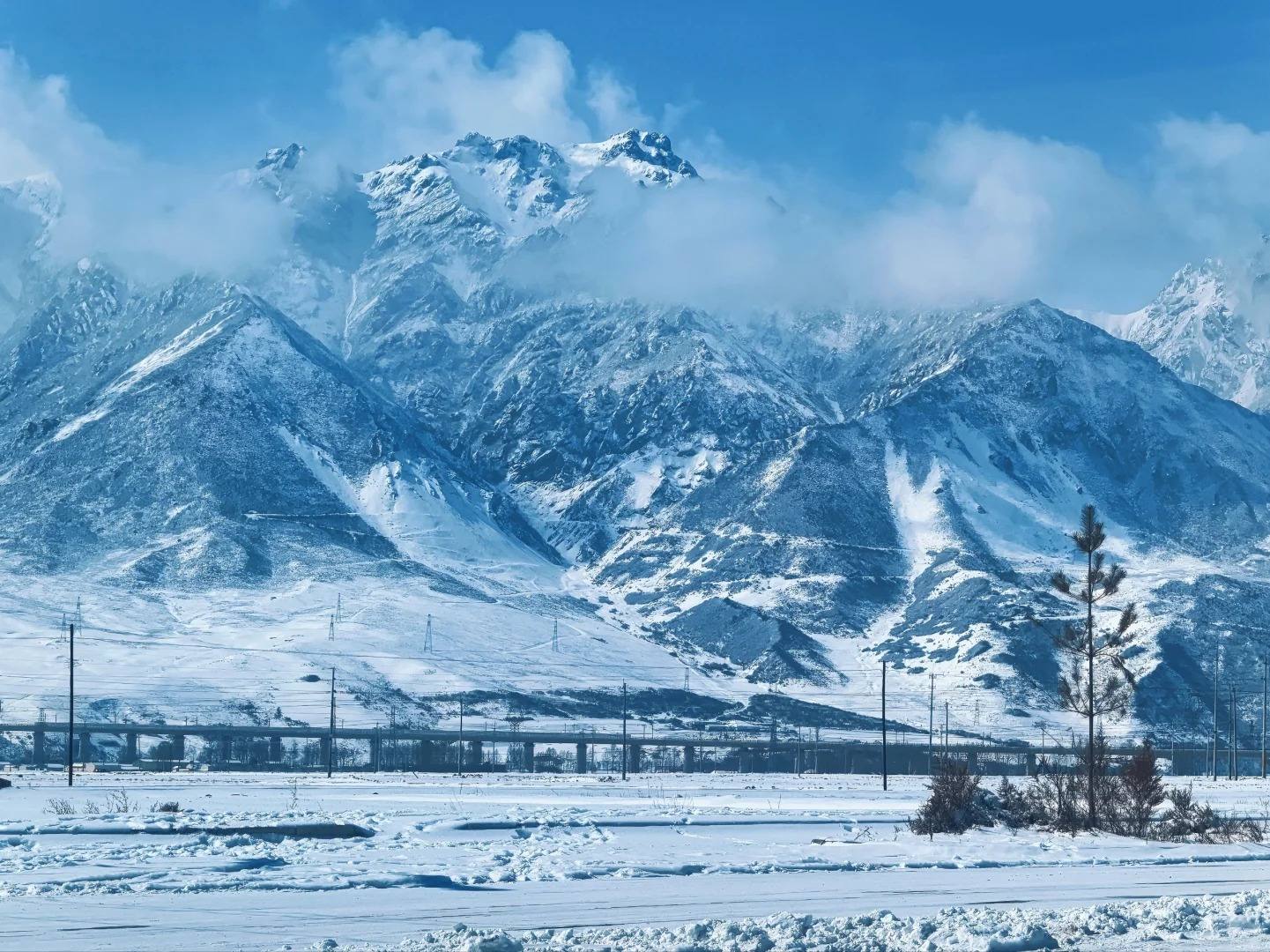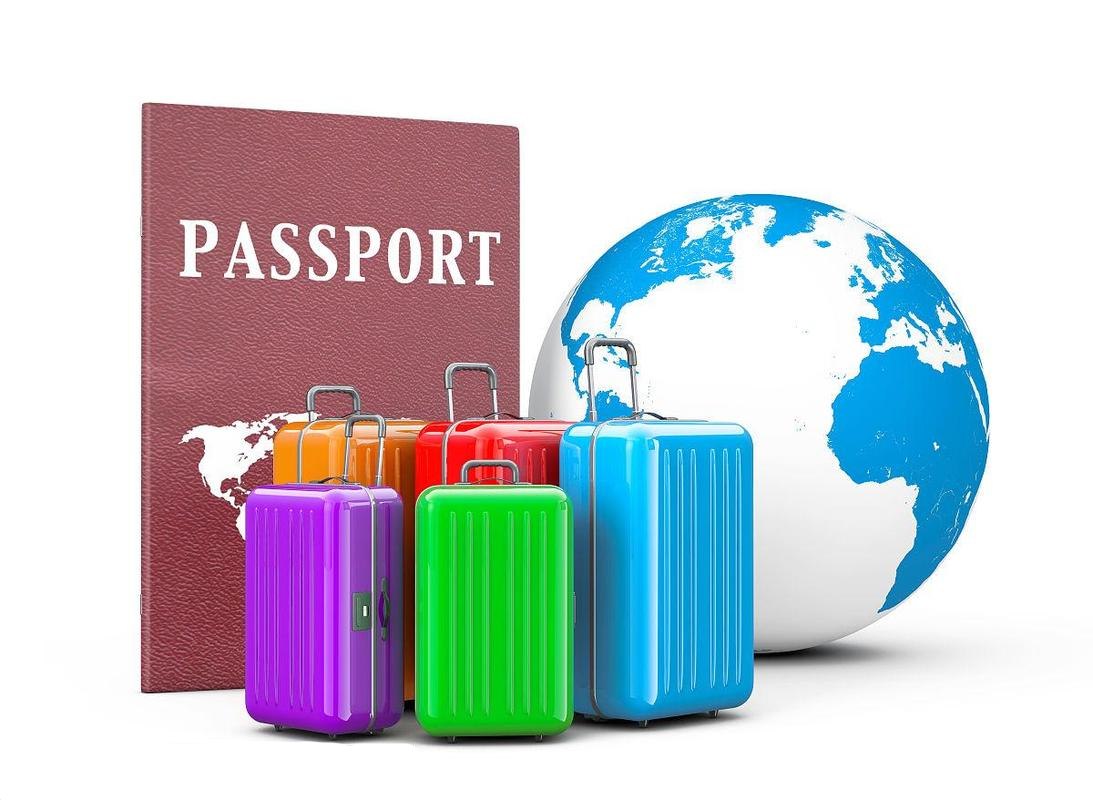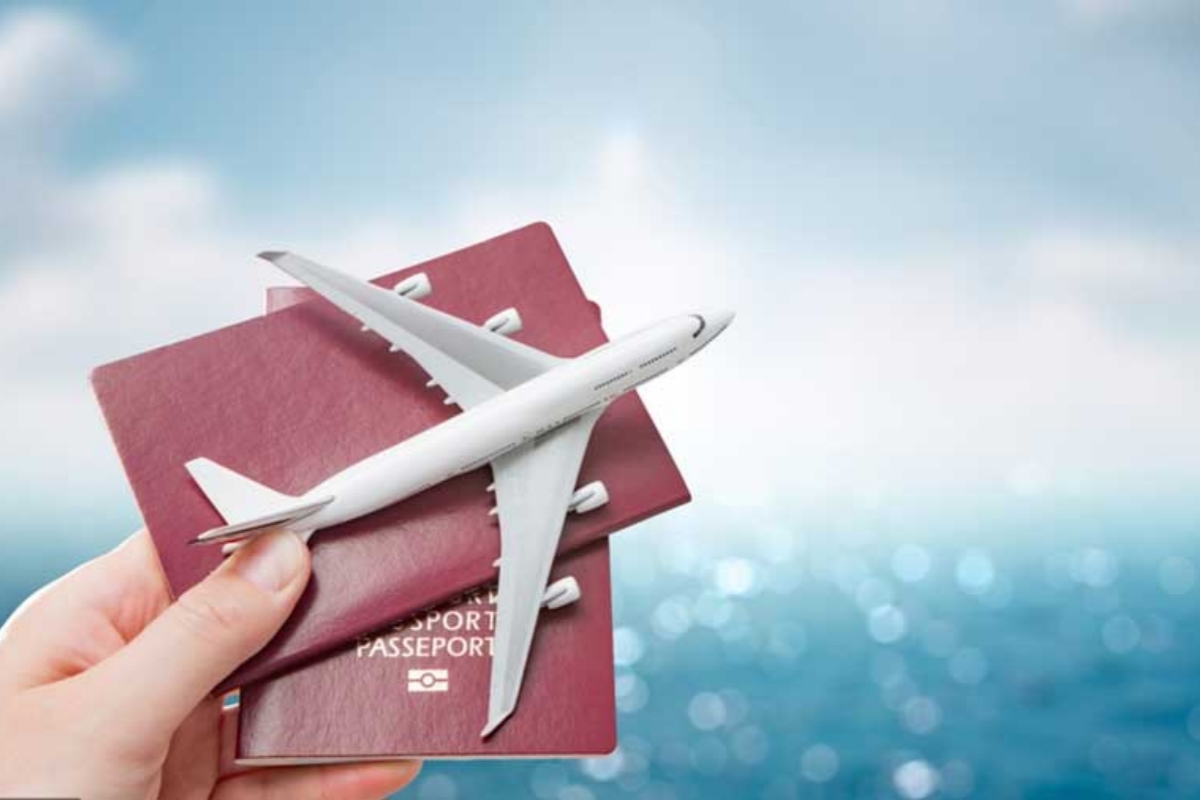Table of Contents
ToggleWhen traveling to Qinghai, one of the most important health concerns is altitude sickness. This condition can affect anyone who travels to places with significantly reduced oxygen levels. In this article, we provide five must-know tips to prevent altitude sickness while enjoying everything Qinghai has to offer.
We will discuss gradual ascent, hydration, smart eating, avoiding alcohol and heavy exertion, and knowing the symptoms that require immediate attention. Each section is designed to guide you through a smooth acclimatization process, ensuring your travel experience in Qinghai is both safe and enjoyable.
Tip 1: Ascend Gradually
Take Your Time to Acclimatize
Ascending gradually is the cornerstone of preventing altitude sickness. When you travel to Qinghai, especially if you plan to visit high peaks and lakes like Qinghai Lake, it is best not to hurry. Begin your journey in a location with a lower elevation, such as Xining, where the altitude is around 7,400 feet (approximately 2,200 meters). Spending one or two days here helps your body adjust to the thinner air before you explore areas at higher elevations like the majestic mountains or the expansive plateau.
The general rule is to limit your elevation gain to about 1,000 feet per day, and for every 3,000 feet, include a rest day. This slow increase allows the body to slowly develop extra red blood cells and improve oxygen delivery to tissues. By following this process, you reduce the risk of headache, nausea, and dizziness.
In Qinghai, the landscapes vary dramatically in altitude. Gradual ascent will not only protect your health but also let you appreciate the diverse scenery at each level. From the vivid urban scenes of Xining to the serene and rugged high-altitude lakes, every step of your journey is a new discovery.
Tip 2: Stay Hydrated
Maintain Your Fluid Balance
Dehydration is a key contributor to altitude sickness. Due to the dry climate and increased breathing rate at high altitudes, you lose more fluids than usual. Drinking plenty of water is essential. It is recommended to drink at least 3 to 4 liters of water every day, and if possible, carry a reusable water bottle so you can sip regularly.
Along with water, you may consider electrolyte-rich beverages. Drinks such as coconut water or sports drinks help replace the salts lost through sweating and rapid breathing. Avoid caffeinated beverages and alcohol, as they can worsen dehydration.
In Qinghai, where the air is both high and dry, these hydration habits become the foundation for staying healthy while you explore scenic spots like the Qinghai Salt Lake or the mountains surrounding local villages.
Tip 3: Eat Smart
Fuel Your Body with the Right Foods
At high altitudes, your body burns more energy than usual, making it important to eat nutrient-dense foods. A diet rich in carbohydrates provides quick and accessible energy. Foods like whole grains, fruits, and vegetables are ideal to support your body’s increased metabolic needs.
When visiting Qinghai, try Qinghai local cuisine that is often based on wheat, barley, and other carbohydrate-rich ingredients. Eating light meals can help your body manage the energy demands associated with high altitude. Additionally, avoid heavy, fatty meals which can slow digestion and add extra stress to your body as it adjusts to lower oxygen levels.
Tip 4: Avoid Alcohol and Excessive Exertion
Keep It Simple for a Healthy Start
Alcohol and strenuous exercise can hinder your body’s acclimatization and increase the risk of altitude sickness. When you first arrive in Qinghai, it is best to refrain from consuming alcohol because it can dehydrate you and disturb sleep patterns—both factors that can exacerbate symptoms of altitude sickness.
Similarly, avoid heavy physical tasks and intense exercise until you have had a chance to acclimate. Instead, engage in light activities such as walking or gentle sightseeing. This approach ensures that your body is not over-stressed by both environmental factors and physical exertion.
In Qinghai, where the weather can be unpredictable and the terrain demanding, keeping your activities low-key during the first few days can make a significant difference in how well you adjust to the altitude.

8 Days Gansu Qinghai Tour | Chaka Salt Lake, Mogao Caves, Danxia Landform

8 Days Gansu Qinghai Tour | Rainbow Mountains, Crescent Lake, Qinghai Lake
Tip 5: Recognize Symptoms and Rest When Necessary
Know Your Body’s Warning Signs
It is vital to be aware of the early symptoms of altitude sickness. The common signs include headache, dizziness, nausea, and extreme fatigue. Recognizing these symptoms early enables you to take immediate steps such as stopping further ascents or even descending to a lower altitude for recovery.
Listen to your body as you travel. If you begin to notice any of these symptoms, take a break and rest. Do not push yourself to continue with rigorous activities. Adequate rest, combined with hydration and proper nutrition, will help mitigate the symptoms and assist in a smooth recovery.
In extreme cases, where symptoms significantly worsen, descending to a lower elevation becomes the safest option. Always prioritize your health, especially when in remote areas of Qinghai where medical facilities might be sparse.
Visual Data: Radar Chart of Prevention Strategies
Below is a radar chart representing various altitude sickness prevention strategies, as analyzed for a balanced travel plan in Qinghai. The chart illustrates the relative importance of each factor based on expert opinions.
Quick Reference Table
The table below summarizes the key prevention tips along with their main benefits and everyday practical advice. Use it as a quick guide during your travel planning.
| Prevention Tip | Main Benefit | Practical Advice |
|---|---|---|
| Ascend Gradually | Allows acclimatization to low oxygen | Stay in lower altitude areas like Xining before moving higher |
| Stay Hydrated | Prevents dehydration and headache | Drink 3-4 liters of water a day and choose electrolyte-rich fluids |
| Eat Smart | Provides energy and supports metabolism | Opt for carbohydrate-rich, light meals and local foods |
| Avoid Alcohol & Exertion | Reduces dehydration risk and physical strain | Avoid heavy exercise and alcohol during early ascent days |
| Monitor Symptoms | Ensures early detection of altitude sickness | Recognize headache, nausea, and dizziness; rest or descend if needed |
Frequently Asked Questions (FAQ)
Q: What is the best way to acclimatize in Qinghai?
A: The best way is to ascend gradually. Begin your trip at lower altitudes like Xining and slowly take in higher elevations. Rest days every 3,000 feet of gain allow your body to adapt effectively.
Q: How can I stay hydrated during my trip?
A: Carry a reusable water bottle and drink at least 3-4 liters of water daily. Supplement water intake with electrolyte solutions or natural drinks like coconut water.
Q: Should I take any specific medication to prevent altitude sickness?
A: If you are prone to altitude sickness, consult your doctor about medications like acetazolamide (Diamox). It is important to use these only under medical supervision
Q: What should I do if I start feeling symptoms?
A: Immediately stop ascending. Rest, hydrate, and monitor your symptoms. If they worsen, descend to a lower altitude and seek medical help when necessary.





